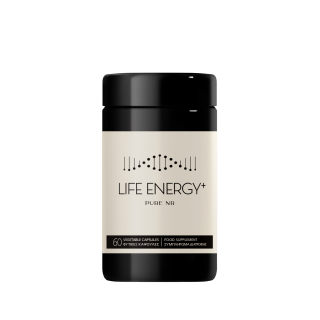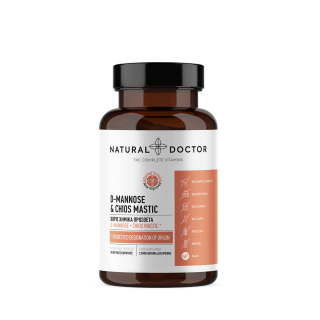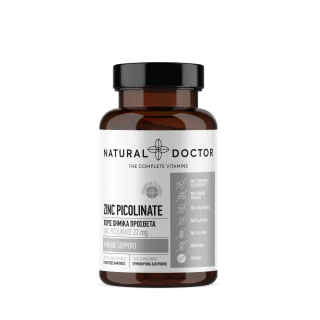Many patients with Hashimoto's thyroiditis have deficiencies in important nutrients and metabolic disorders that often go undiagnosed for years. These deficiencies affect overall body function and are associated with deteriorating overall health.
Hashimoto's thyroiditis is an autoimmune disorder in which the immune system produces antibodies and attacks the thyroid gland, destroying it. The gradual destruction of the gland leads to hypothyroidism, with significant effects on the health and quality of life of patients.
Main deficiencies associated with the disease
- Vitamin D: Vitamin D deficiency deregulates the immune system and enhances inflammatory flares.
- Selenium: Selenium is essential for the synthesis and function of thyroid hormones. Its deficiency affects the body's antioxidant capacity.
- Magnesium: Magnesium is involved in the majority of metabolic processes that occur in our body. Its deficiency is associated with low energy and promotes chronic inflammation.
- Probiotics: The balance of the gut microbiota is critical for regulating the immune system. A lack of probiotics can lead to dysregulation of intestinal function.
- Omega-3 fatty acids: Omega-3s provide anti-inflammatory activity and they are essential for healthy thyroid cell function.
Metabolic Disorders that Exacerbate the Disease
- Insulin resistance: This disorder affects metabolic function and the body's ability to produce energy.
- Slow metabolism: Reduced energy production makes it difficult for the thyroid to function and worsens the symptoms of the disease.
- Disruption of the microbiota: An imbalance in the gut microbiome negatively affects immune function.
Changes That Can Bring About Improvement
- Identifying and correcting deficiencies: Targeted remediation of deficiencies can help reduce inflammation and improve overall health. Taking individual nutrients alone is not sufficient to bring about significant clinical changes, as micronutrients act synergistically. For best results, the administration of any nutrient should be accompanied by a quality multivitamin, including a full spectrum of vitamins, minerals and trace elements.
- Nutritional Interventions: Eating foods rich in antioxidants, vitamins and omega-3 fatty acids, such as red meat, oily fish, olive oil, nuts and vegetables, enhances the body's physiological functions. Avoiding processed foods and trans fats is equally important.
- Strengthening the intestinal microbiome: Incorporating probiotics and prebiotics into the diet, such as yogurt and kefir, helps maintain gut health by boosting overall immune system function.
- Stress management and sleep improvement: Chronic stress and sleep disturbances often plague patients with chronic inflammation. Walking, avoiding excess alcohol consumption and taking magnesium help improve sleep quality.
- Exercise and physical activity: Regular exercise such as walking or swimming supports immune system function and helps improve overall health.




















